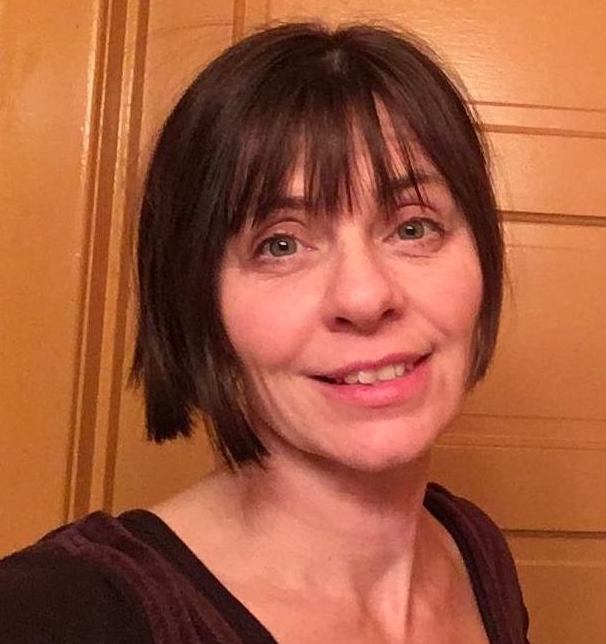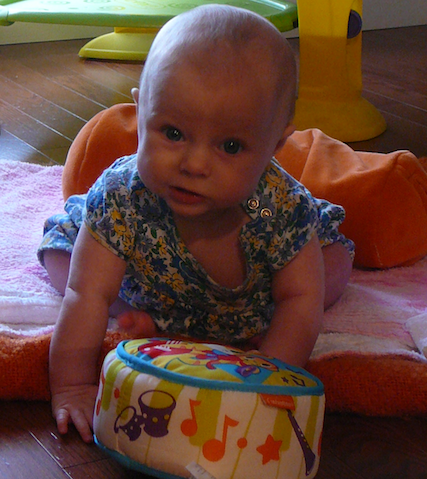Music changes your kiddo’s brain – for the better! According to neuroscientific research, the study and practice of making music actually makes people smarter – including your little ones.
No, I’m not making it up. According to neuroscientists Moreno and Bidelman, “music training provides robust, long-lasting biological benfits to auditory function” as well as “non-auditory functions necessary for higher-order aspects of cognition (eg, working memory, intelligence)”.
Meanwhile, there is no comparable benefit to overall brain function associated with other art forms, or other popular activities for children, such as dance, gymnastics or sports. Researchers are still studying why this is the case, but most seem to believe at least part of the reason is music brings several kinds of brain functions together in a co-ordinated effort. Listening, concentration, fine motor skills, eye-hand-co-ordination, memory, decoding and even mathematical understanding are employed, often simultaneously, in the study and practice of music.
Research in neuroscience also shows that early childhood is likely a sensitive period for learning music – which is to say that, like language, it’s much easier for your baby to learn certain musical skills now and up to the age of 7 than it will be later in life.
However, if your babies are already older than 7, or if you aren’t a parent at all, don’t despair! Music has cognitive benefits at any age. A June 2023 study found that practicing and listening to music improved cognitive function in older adults as well.
Of course, there are many reasons to practice music beyond the benefits to brain health and overall intelligence, including the simple enjoyment of listening; or of mastering the skill to play a piece of music; or of sharing music with friends or family. Music can calm nerves, it can be an outlet for emotion, and it can also reach across cultures and bring people together. The cognitive benefits are just one reason to make sure music is a core component of any childhood education program.

